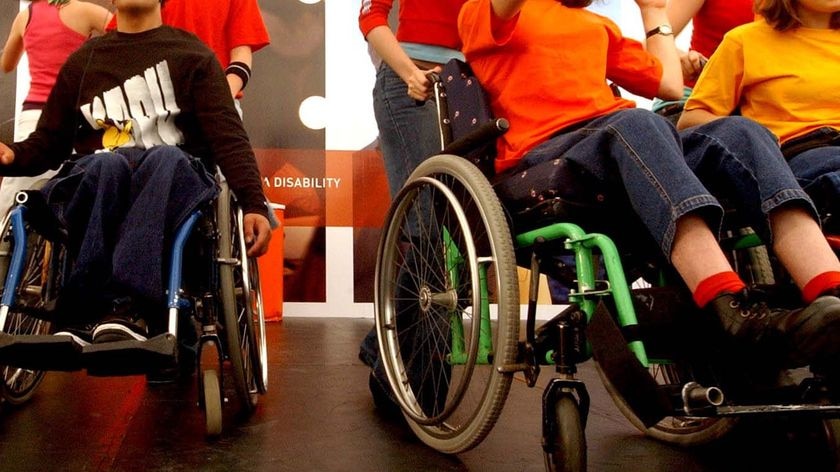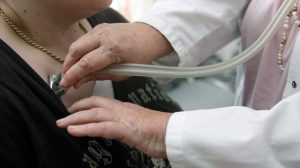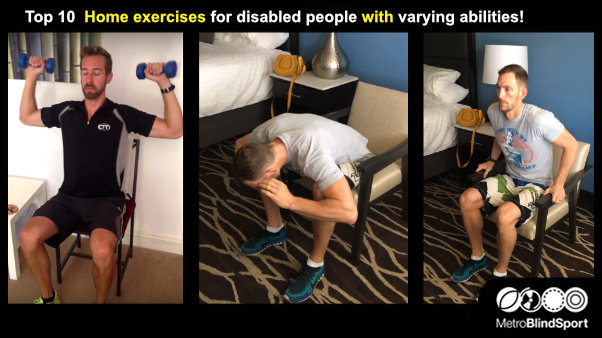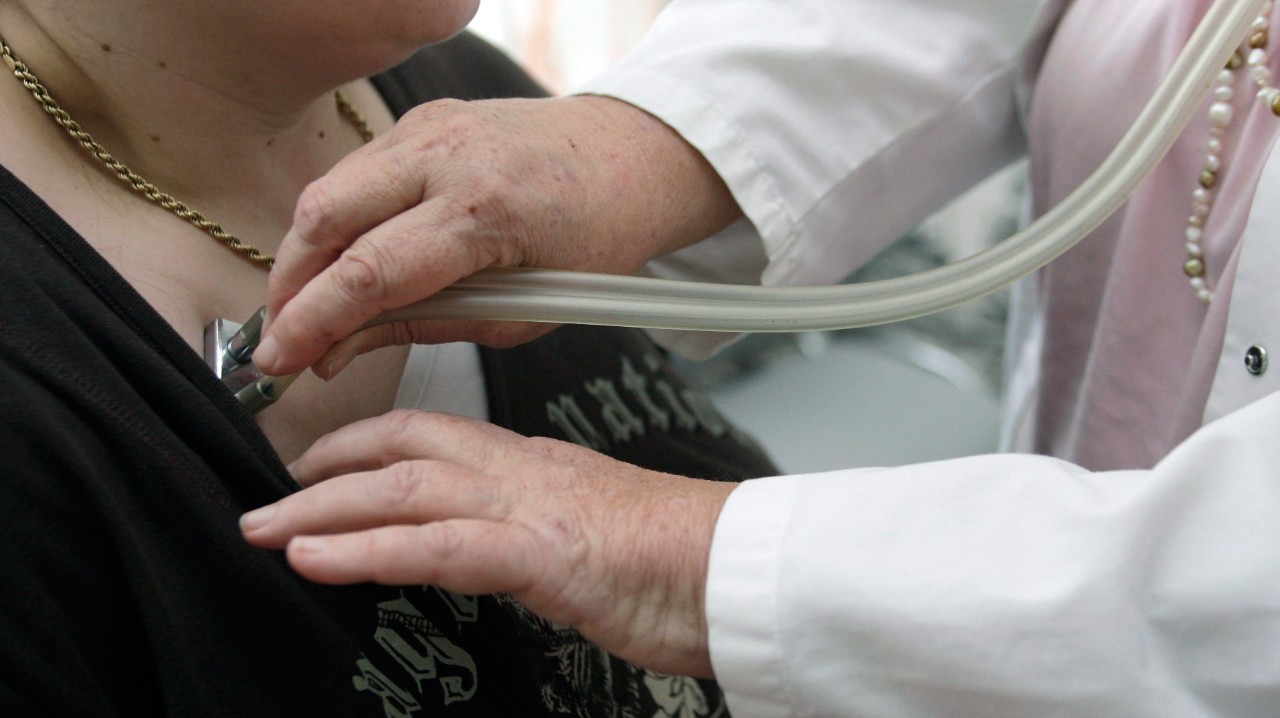
How to Estimate Medical Care Costs
Over the past fifteen years, the UK’s Medical Care for Disabled has undergone a significant transformation. The introduction of a personal Independent Care Scheme and subsequent overhaul of the Health & Safety Executive’s Disability Discrimination Act have made a significant impact on the lives of people with disabilities. However, despite these changes, there are still a number of problems that disabled persons face when looking for healthcare and assistance to maintain their standard of living. The Disability Discrimination Act provides protection to those people experiencing disability discrimination but these rights are not always well understood. Individuals may overlook other measures, either because they are not familiar with them or because they lack the will or ability to address issues related to disability.
How to Estimate Medical Care Costs
In addition to the rights outlined in the Disability Discrimination Act, the government has a responsibility to make reasonable accommodations for persons with impairments. This is the general rule that applies to all persons with a mental or physical impairment. It does not mean that they should be treated differently than others. However, there are instances where this rule is contravened. These instances often occur in the medical care for disabled individuals and, where the care provided is below the standard provided for everyone else, the result can be severe injury or death. As well as this, there are other situations where health care professionals have not taken into account the effect of a person's impairment in the normal operation of a health service such as the provision of equipment or a lower level of education.
How to Estimate Medical Care Costs
It has been proven that the majority health care services provided to people with disabilities fail to meet the recommended standard. This is partly due to the fact that there aren’t enough qualified staff or that they aren’t able to provide all the services that the disabled require. Some disabled persons may have difficulty accessing the health services that are available to their community from the moment they enter it. These problems can be solved by allowing people who are at high risk of serious injury or death to access the best home care and inpatient care that is appropriate for their condition or disability. There are many other situations in which a person with a disability might need special attention to improve or maintain their health and quality life.
The provision of quality inpatient and home healthcare services can help Lilydale NDIS maintain their health and quality of living. Home health care services have the advantage of being staffed by skilled health care professionals who know how to administer various medical treatments necessary to maintain mobility. Home health care services can be helpful for patients who need assistance with certain activities. The type of disability or health problem experienced by the patient will determine the level of assistance required.
The provision of adapted equipment to aid mobility is another important benefit of health care services for elderly people. This can include specially adapted wheelchairs, walkers or scooters. Medicare-funded programs also offer aids like the swivelchair and the lift chair. These aids can provide much-needed assistance when it comes to the difficulty walking that may occur due to age or injury.
Apart from the provision of adaptive equipment, there are many factors that can impact a person’s ability walk or stand better. For example, the length of time since the person suffered an injury or illness will have a major impact on their ability to retain their balance or to ambulate. It is also important to consider factors such as their fitness level and activities. Prescribed medication can help to control these variables.
The third variable that medical care for disabled persons involves is the utilization of home health services. This refers to services provided by professionals such therapists, nurses, and the like at home. Although these services are intended to allow people to maintain their independence, and increase their chances of returning back to work and their original activities of daily life, there are still many people who don’t want to move out of their homes and live in hospitals or nursing homes. For this reason, the number of elderly persons living in their own homes has increased dramatically over the past several years.
The fourth component is measured by the amount of time a person spent in the hospital or nursing home. This includes both outpatient or inpatient visits. It is impossible to compare the two. However, it is safe for us to say that the time spent in a hospital/nursing home is significantly longer than the time spent on a treadmill or strolling at a mall. Due to this discrepancy in the time people spend in a hospital/nursing home, the cost per patient is higher than that per person who visits the gym, runs or uses a treadmill. When estimating the cost of home healthcare visits, it is better to buy equipment for your gym and walk around on your own. In addition, it is important to keep in mind that the longer a person stays in a nursing home or hospital, the more expensive it will be for them to purchase fitness equipment or join a walking group.

